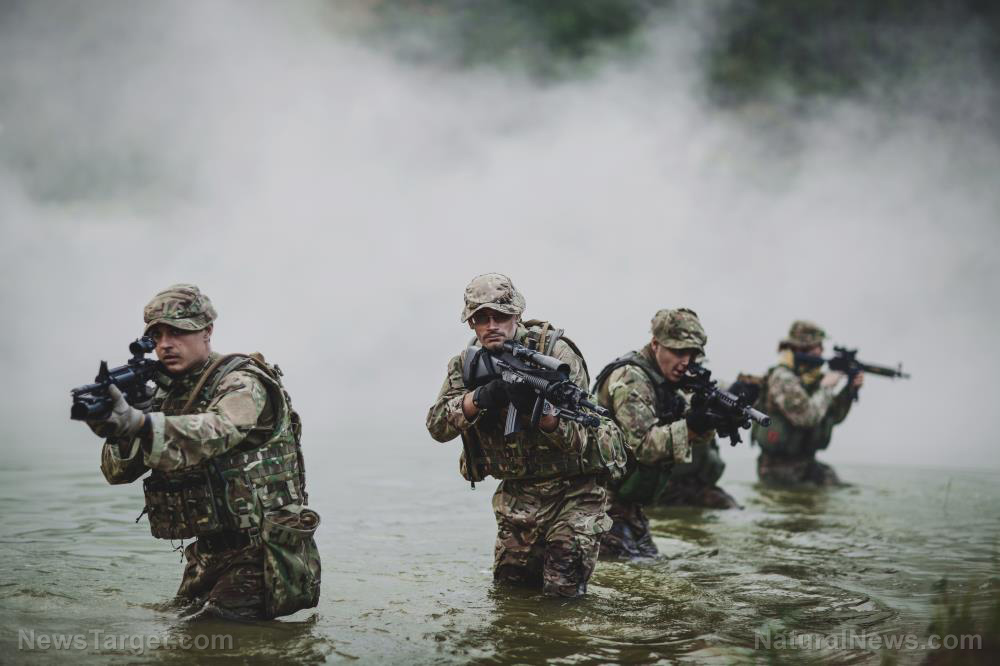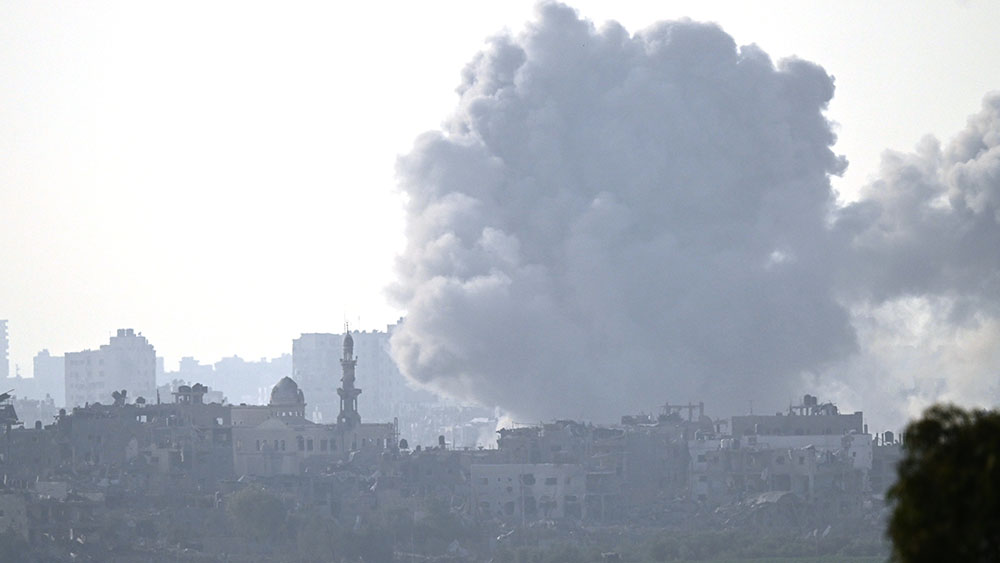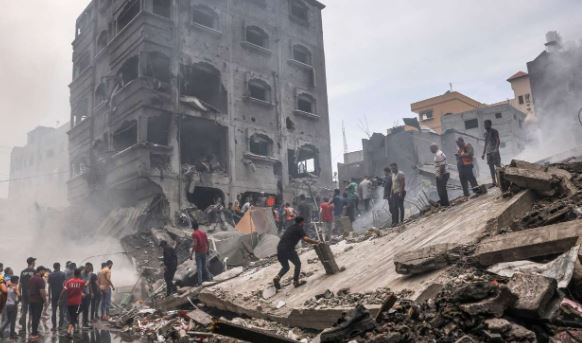 Parler
Parler Gab
Gab
Heappey: Britain must "urgently" invest more in defense budget
According to Heappey, the U.K. must "urgently" invest more in defense. In a separate statement, he noted that the goal of spending 2.5 percent of Britain's gross domestic product on defense "should be achieved urgently." "The fiscal situation is improving, and this party has made that commitment," said Heappey, who previously served in Afghanistan. "Both parties [Labour and the Conservatives] should be strongly considering a further increase in defense spending in the next parliament. Meanwhile, Secretary of State for Defense Grant Shapps reiterated that the upcoming election manifesto of the Conservatives should contain a target for military spending to be raised to three percent of GDP, a full half percentage point more than Heappey's target. (Related: British Defense Secretary warns of WORLD WAR with China, Iran, North Korea and Russia in FIVE YEARS.) The goal of spending 2.5 percent of GDP on the military is already 0.5 percent above the two percent target imposed by the North Atlantic Treaty Organization military alliance. Chancellor Jeremy Hunt said that the increases in spending will come "as soon as economic conditions allow." Follow NationalSecurity.news for more stories about military readiness concerns. Watch the video below about a British submarine firing faulty munitions. This video is from The Prisoner channel on Brighteon.com.More related stories:
British army chief calls for creation of "citizen army" amid rising threat to the U.K. British Army is in a “dire state” and may not be able to defend the UK and its allies, experts warn. House passes record $886 BILLION defense spending bill. Report: British Armed Forces directly involved in Ukraine conflict. U.K. so broke its military is considering selling £3.5 billion aircraft carrier to India. Sources include: Express.co.uk TheNationalPulse.com DailyMail.co.uk Brighteon.comIsrael finally admits it made a “grave mistake” killing seven aid workers from World Central Kitchen
By Laura Harris // Share
By Lance D Johnson // Share
WAR FREAKS: Israeli warplanes strike villages in southern Lebanon
By Laura Harris // Share
Governments continue to obscure COVID-19 vaccine data amid rising concerns over excess deaths
By patricklewis // Share
Tech giant Microsoft backs EXTINCTION with its support of carbon capture programs
By ramontomeydw // Share
Germany to resume arms exports to Israel despite repeated ceasefire violations
By isabelle // Share










